One of the well-known intellectuals who laid the base for the modern education in Kashmir soon after the partition died on August 18, at the age of 97. Lawyer Agha Faisal Ali, who has written a history on the influential Qazilbash family, offers an idea about the institution that Kashmir lost in Agha’s demise
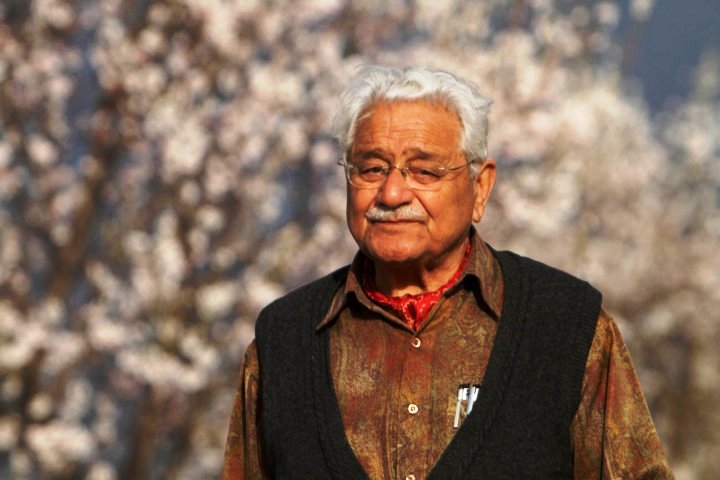
In 1944, when Agha Ashraf Ali was appearing for his MA History examination at the Aligarh Muslim University, he was disappointed with his performance in the paper on the French revolution. He left the examination halfway and appeared again in 1945 securing the first position and was awarded the Morrison Medal. He always craved for excellence in education.
However, his academic journey was not that easy.
The Muslim Block
Agha’s first public speech was in 1941 when he was a student at SP College. As Secretary of the college’s Historical Society, he addressed a gathering of 150 students. The news of the first speech news reached Sheikh Muhammad Abdullah and Bakshi Ghulam Muhammad who were the most known political faces of Kashmir. The same year, Agha floated the Muslim Block in the College after being inspired by the Forward Block of Subash Chandra Bose. Agha became its president and Syed Mir Qasim its secretary.
This development took place at a time when Quit India Movement had started. Sheikh Muhammad Abdullah asked Bakshi to make Agha understand that the formation of the Muslim Block will not be in the best interest of the students. After a few days the then principal of the college, Avtar Krishen Kitchloo went to see Agha’s parents, Begum and Agha Zaffar Ali Qizilbash. They were told that if the Muslim Block was not undone, he will be rusticated from the college. Under pressure, the Muslim Block was rolled back and it gave a “traitor” label to Agha in the College.
On October 2, 1941, Dr Zakir Hussain delivered a lecture at the Jammu and Kashmir Students Federation Annual Conference, in the SP College, Srinagar. This lecture had a tremendous impact on Agha.
Youth, Dr Zakir Hussain said, was not “attainment”, but an “opportunity” that must not go by. Agha fell in love with Dr Zakir Hussain as the speech became a turning point in his life. He was nominated for “all-round best graduate award”, an honour he never received.
In 1942, Agha moved to AMU for masters in History. It was there, he was taught by the brilliant Professors of old English. In 1946, he moved to Jamia.
No Friends
Born to Qizilbash Aghas, an aristocratic Srinagar family with Afghan descent, Agha’s first bitter experience of the privileged life was when he was admitted to the Mission School Fateh Kadal. There, all the children would sit on the floor and Agha would sit on a chair, a specifically commissioned privilege. This privilege landed him in a situation that nobody in the classroom wanted to be his friend. In later years, he gave up this privilege but the experience left a deep impact on his mind. He got disillusioned with the feudal system.
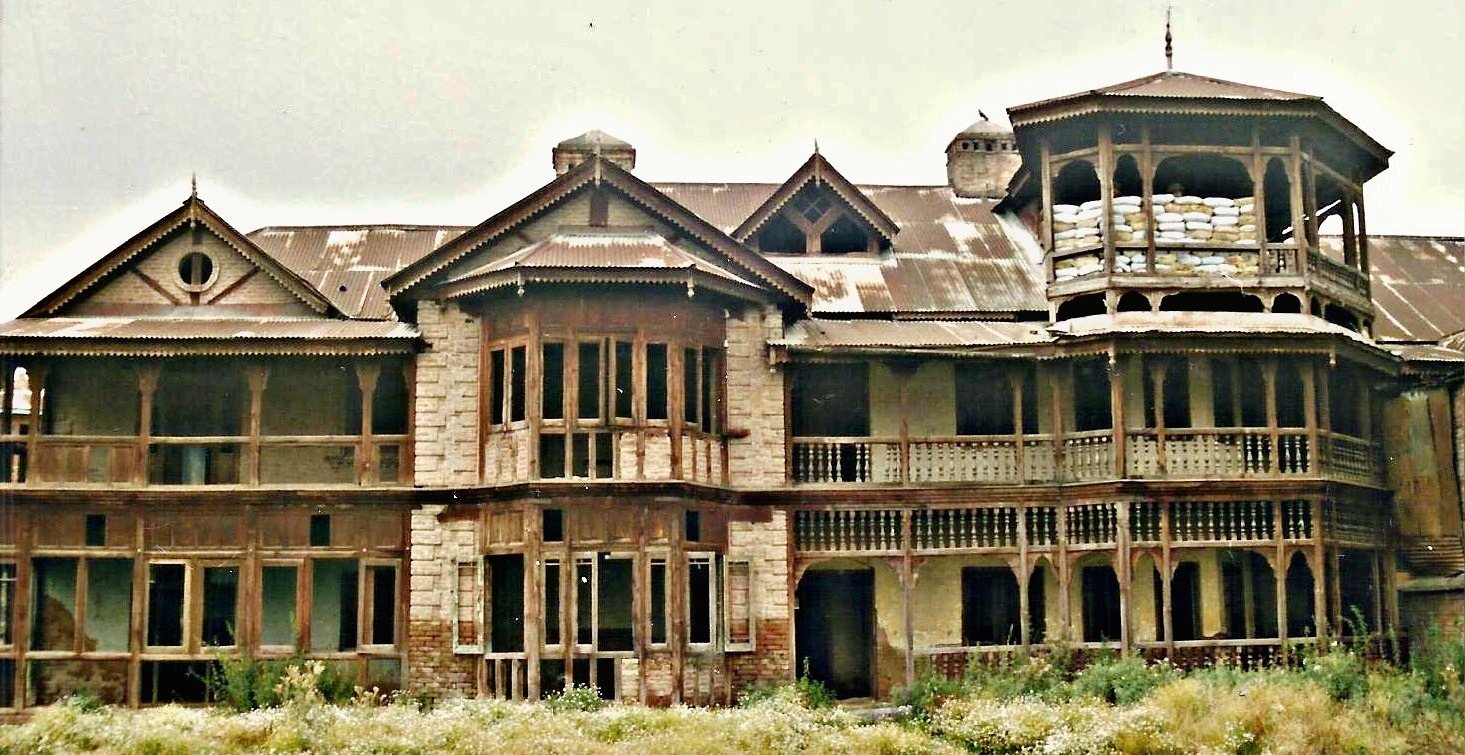
The third son of his parents, Agha was adopted by his maternal grandfather Khan Bahadur Aga Syed Hussain, the first matriculate from Kashmir, who was a minister in Maharaja Hari Singh’s darbar. He grew up as a pampered boy and was a nickname in the family as Phal Kath.
Agha’s mother Begum Zaffar Ali, Kashmir’s first woman matriculate, was a teacher and eventually became Chief Inspector of Schools Kashmir in 1952. His father, Agha Zaffar Ali along with his half-brother Agha Firdous Ali and cousin Agha Abdullah, were registered as Jagirdars of the joint family estates in the revenue records till 1950.
Agha’s brothers Agha Nasir Ali and Agha Shaukat Ali became civil servants in India and Pakistan respectively. Agha chose “to become a teacher”.
He taught History at Jamia Millia Islamia in close association and under the guidance of Dr Zakir Hussain, who later became the President of India. It was in Jamia, that Agha met Mahatma Gandhi in 1946. The same year, Agha married Sufia Nomani, a resident of Rudauli near Lucknow. It was a love marriage.
To England
In 1950, Agha went to England and specialized in academic diploma in comparative education, educational organization and administration. He was influenced by the philosophy of Martin Buber and greatly inspired by socialist ideas. For the last three months in 1951, he visited schools in France, Germany, Sweden, Switzerland and Denmark in order to understand the system of education there and the way of teaching. Later that year he returned home.
Soon after, Agha was appointed as officer on special duty to the then Prime Minister Sheikh Muhammad Abdullah. At 28, he was appointed as Inspector of Schools, Kashmir in 1952. From the very first day, he started rebuilding the educational edifice in Jammu and Kashmir. In his own car, he drove to Kargil – an officer visiting the area in 16 years, to find the teacher sleeping and the children reciting, “CAT – Cat maanay Choohaa”.
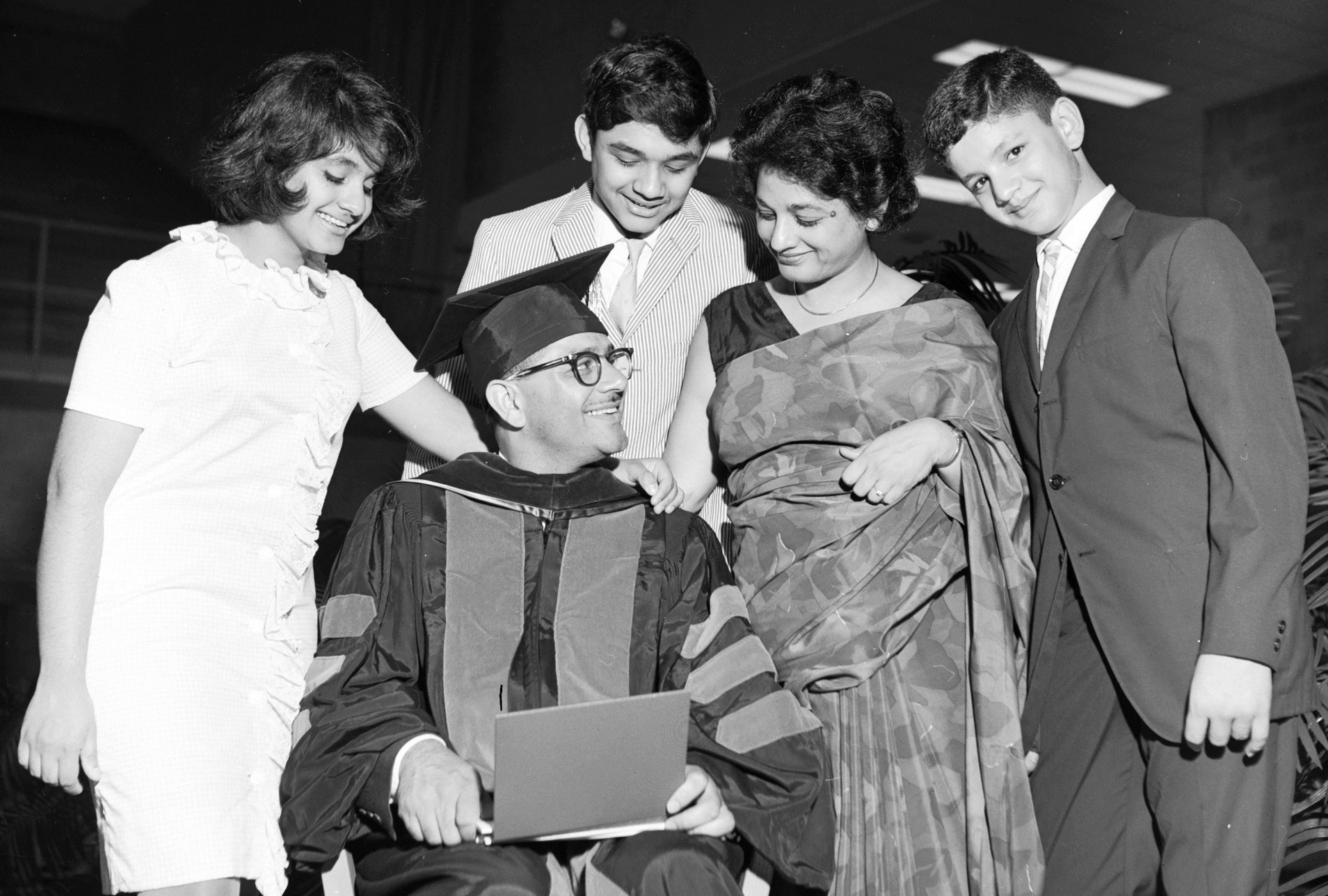
Agha’s autobiography Kuch Tou Likhyay Ki Loug Kehtay Hein has many interesting anecdotes. In the autumn of 1952, he received a group of students led by Mufti Muhammad Sayeed with a plea that they came from poor families and cannot afford private tutors during vacations. The next morning Agha was in Bijbihara School at 10 am. The headmaster, Ganga Dhar Raina and teachers were summoned and told that they will not avail the vacations and continue teaching students. Results were encouraging: of the 11 students who appeared in the matriculation that year from the school, two managed to pass. One of them was Mufti Sayeed, who later became the Chief Minister.
Perhaps that was the reason why Mufti as Chief Minister wanted to return the favour by offering Agha a berth in the Legislative Council and Education Ministry, an offer Agha politely declined.
Teaching Teachers
In 1954 Agha was made the officiating principal of the Teachers College of Education that incidentally operated from his own family’s ancestral house. Later he was taken as principal of the National Extension Training Centre, where there were 200 village-level workers who were being communication skills were honed.
Once in government, rulers and policymakers hardly see the specialisation of individual officers. He would be shifted as an officer, not as an expert. He put it beautifully in his own autobiography: “The irony of it all; from Culture to Agriculture, from character formation to castration of the bulls, and to top it all, (from) the dissemination of knowledge to the artificial insemination of the cow…….”
When Ghulam Mohammed Sadiq became the Education Minister, Agha was asked to join back as Inspector of Schools. He insisted he will stay back as head of the TT College, a position he retained till 1960.
In America
In 1960, a Fulbright Scholarship led Agha to move to the United States of America along with his family to complete his education. He was enrolled at the Ball State Teachers College, in Muncie, Indiana, where he did his PhD in comparative education thus becoming the first PhD of the Ball State Teachers College, the USA in 1964.
After his return in 1967, Agha was appointed as officer on special duty for a brief period. Instead of becoming the Director of Information, he stayed in the education sector. His efforts led to the setting up of Department of Education at the University of Kashmir. He applied for a professor’s position, which eventually he became and started heading the Education Department in 1968.
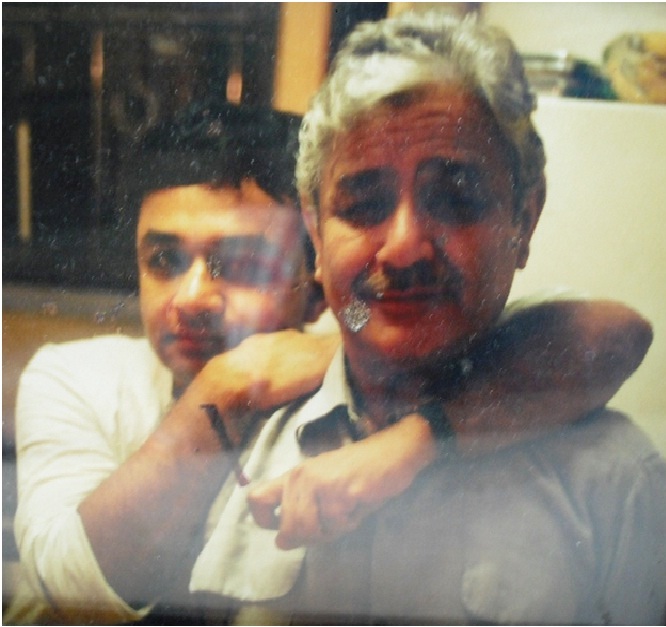
From 1971 to 1972, Agha was a member of the Bhagwan Sahai Committee on Education which was headed by JP Nayak. In 1973, Agha was appointed as Director of training and curricula from 1973 -1975, in which all training was under his guidance. He used modern methods to train teachers and to frame the curricula of schools and colleges. He was also given the temporary powers of the Chairman Board of School Education which till then was the exclusive domain of the education Minister. In 1975, he became the full-fledged Chairman of the Board and in the subsequent five years, he made sweeping reforms. Till then, a student failing in one subject would fail in the entire examination.
Sheikh Mohammad Abdullah wanted him to head the University of Kashmir but some opposition led him to become the Commissioner of Higher Education in Jammu and Kashmir. There, he was caught between politics and his idealism. According to the details in his autobiography, Agha was about to expose a larger birth certificate racket that would have marred the careers of many teachers in the education sector. Finally, he resigned himself without claiming that his own date of birth was wrong and that he has superannuated.
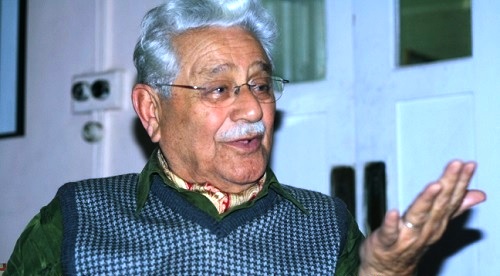
In December 1982, he accepted Dr Farooq Abdullah’s requested to take over the department of Education. After many decades, he got back into overhauling the system. Agha was tipped to head the University but it was resisted. So he was appointed as the Chairman of the Competent Authority of J&K. In 1992, he resigned citing open nepotism and interference in his official duties.
Agha’s wife Sufia Agha, who also worked in education, died in 1997. Their eldest son Agha Shahid Ali, the world-famous Kashmiri poet, died in 2001. Agha is survived by his son Dr Agha Iqbal Ali, and two daughters Dr Hena Ahmed and Dr Sameetah Agha. They all are professors in various American universities. Owing to the pandemic, neither of them could participate in their father’s funeral.
(The author is a cousin nephew of Prof Agha Ashraf Ali.)















